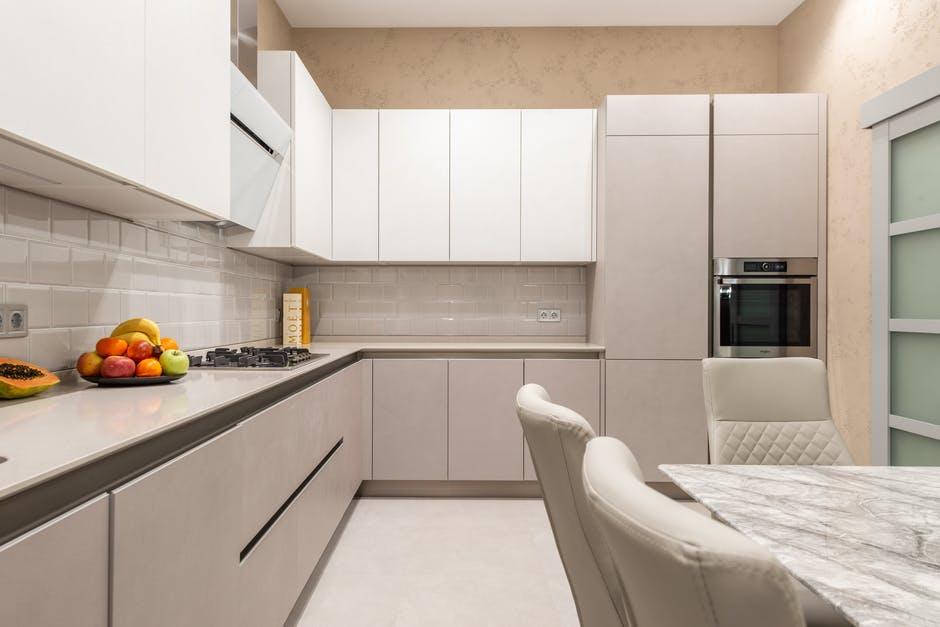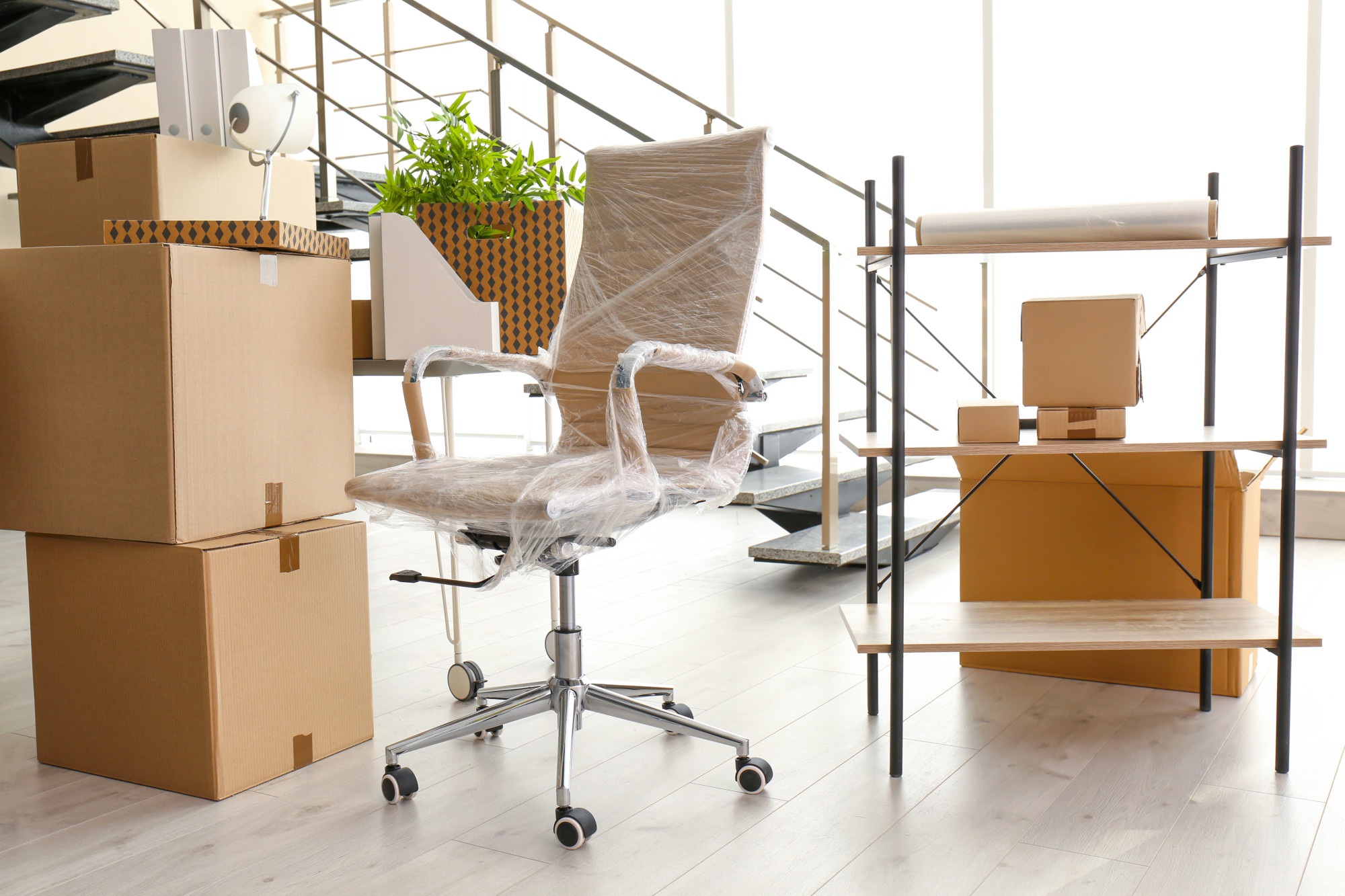Moving into a new home is the perfect opportunity to lighten your load. Decluttering before a move not only saves you time and energy but can also lower your moving costs. The fewer items you bring, the easier (and often cheaper) your relocation will be. But figuring out what to toss, donate, or keep can be overwhelming without a plan.
This guide will walk you through smart decluttering strategies, room-by-room tips, and decisions you’ll thank yourself for later.
Why Declutter Before a Move?
Save Money on Moving Costs
Fewer boxes and furniture pieces mean less weight and less space on the moving truck. Use a cost calculator for moving estimates to see how decluttering affects your budget.
Start Fresh in Your New Home
You’ll avoid cluttering your new space with things you no longer use or love.
Reduce Stress
Packing only what matters makes unpacking and settling in during the first week after moving to a new home far easier.
The Toss, Donate, or Keep Rule
When going through your belongings, ask yourself these questions:
Have I used this in the last year?
Does it have sentimental or practical value?
Would I buy it again if I didn’t own it?
Your answer determines whether it gets tossed, donated, or kept.
What to Toss
Some items simply aren’t worth hauling to your new home:
Expired products: Food, medicine, makeup, and cleaning supplies.
Broken items: Electronics, appliances, or furniture that can’t be repaired.
Paper clutter: Old receipts, junk mail, or outdated documents (shred sensitive papers).
Worn-out clothing or linens: Stained, ripped, or threadbare items.
What to Donate
If items are in good condition but no longer useful to you, consider donating them:
Clothing, shoes, and accessories.
Kitchenware you rarely use.
Books you don’t plan to reread.
Toys and games your kids have outgrown.
Furniture that won’t fit your new space.
Many charities, shelters, and thrift stores will even pick up donations, making this step easy.
What to Keep
Some items are always worth taking with you:
Sentimental keepsakes and family heirlooms.
High-quality furniture that fits your new space.
Daily-use appliances and kitchenware.
Seasonal clothing in good condition.
Important documents, photos, and electronics.
Create a moving supplies checklist to make sure these essentials are properly packed and labeled.
Room-by-Room Decluttering Tips
Kitchen: Toss expired food, donate duplicates (extra pots, pans, mugs).
Living Room: Keep only furniture that fits your new layout.
Bedroom: Donate clothes you haven’t worn in a year.
Garage/Basement: Toss broken tools or old paint cans; donate usable sporting goods.
Protecting What You Keep
As you sort, remember that some valuable or fragile items may need extra care. Consider moving insurance to protect furniture, electronics, and antiques during transport.
Making the Process Stress-Free
Decluttering can feel overwhelming, but it doesn’t have to be. Create a plan that spreads tasks over a few weeks. If you need help organizing, follow a guide on how to plan a stress-free move to a new home.
FAQs About Decluttering Before a Move
How far in advance should I start decluttering?
Ideally, begin 6–8 weeks before your move so you have time to sort, sell, or donate without rushing.
Should I sell items instead of donating them?
If you have time and the items are valuable, selling through online marketplaces or garage sales can offset moving costs. Otherwise, donating is faster.
How do I decide what furniture to keep?
Measure your new home and only keep furniture that fits the style and space.
What should I do with sentimental items?
Limit yourself to a manageable number of keepsakes. Photograph some items to preserve memories without keeping everything.
Can decluttering really save money on moving?
Yes! Since movers often charge by weight or volume, decluttering can significantly reduce costs.
Final Thoughts
Decluttering before a move is your chance to reset and bring only what truly matters into your new space. By knowing what to toss, donate, and keep, you’ll make moving day smoother, save money, and enjoy a fresh start.



